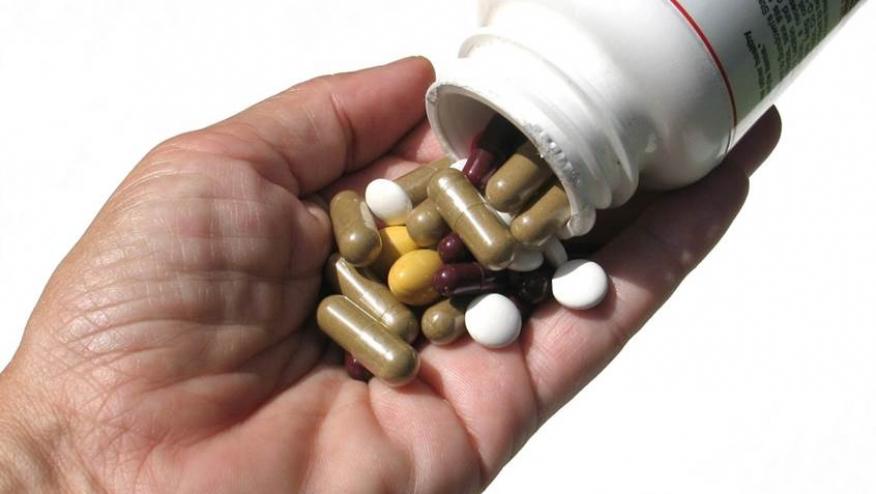The Unregulated $37 Billion Supplement Industry Save

In 1994 there were 600 supplement companies, producing 4,000 OTC supplement products for a total revenue of about $4 billion. Today we have close to 6,000 companies, producting nearly 75,000 supplement products, bringing in $37 billion annually. And all of this is regulated by 26 people and a budget of $5 million at the FDA.
It was the 1994 Dietary Supplement Health and Education Act (DSHEA) that expanded the definition of “supplement” to include herbs and other nutritional supplements to be taken therapeutically. . Second, it allowed supplement makers to make “structure-function” health claims for their products without FDA oversight. This means supplement claims may include benefits to the immune system, cancer, pain, vigor etc. without providing proof of such efficacy.
The Business Insider has written an expose on the supplement/nutraceutical industry, citing that this growing industry is largely unregulated, replete with products that have unpublished or unstudied advserse events and overstated claims of benefit that are more based on opinion than science or randomized controlled trials.
Articles such as these polarize many of us into supplement belivers (be prepared for the steep slant against natural products) or ant-supplement anarchists (who will be fueled to decry the nutraceutical movement)
They point out that the highly popular, St. John's wort has little if any effect, but has been showed by an NIH study to have numerous drug interactions with prescription pharmaceuticals. Moreover, there have been 275,000 reports to US poison-control centers (in the last 20 years) for supplements; a third of them were about herbal remedies like St. John's wort.
The FDA defines supplements as products "intended to add further nutritional value to (supplement) the diet." They are not regulated as drugs by the FDA; who only is involved when a supplement is shown to be unsafe or cause significant harm.
Nearly half of US adults take at least one supplement every day. These agents are widely promoted in ads, on the internet, in social media, magazines and TV. They're sold in corner health stores, pharmacies, and big grocery conglomerates.
Many supplements make therapeutic claims but fail to provide instructions on use or dosing.
A NEJM article showeed that from 2004 to 2013, there were 23,005 emergency-room visits a year were linked to supplements and that adverse reactions to supplements grew from 3.5 to 9.3 cases per 100,000 (166% increase).
The author believes this is a "con" on America's public and fails to meet standards upon which they sell their remedies.










If you are a health practitioner, you may Login/Register to comment.
Due to the nature of these comment forums, only health practitioners are allowed to comment at this time.